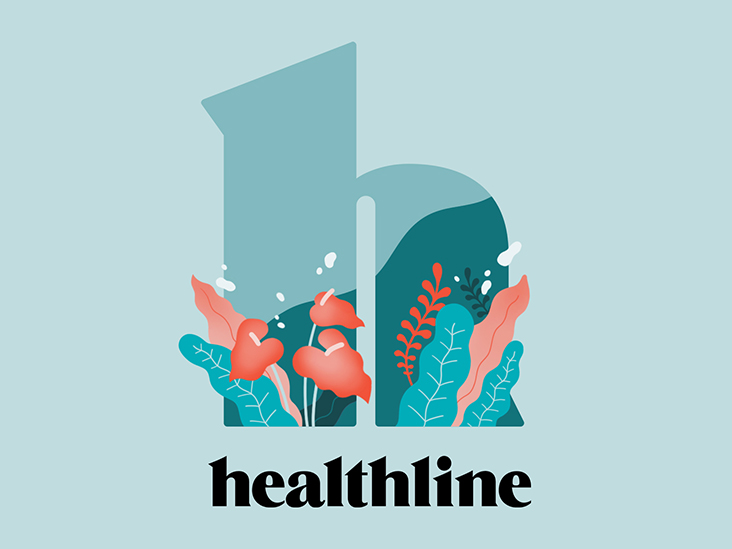- Joined
- Jul 24, 2020
- Messages
- 5
My dog of 7 years has recently developed Piles and has been prescribed Stomorgyl & Neoral 100. Our dog has had discomfort around his stomach, he has diarrhea, has mucus in his stool. He also has a very sensitive stomach and is a picky eater. He doesn’t Normally eat fruits and vegetables. We currently feed him Hills digestive care cans (Look below For photo) and Boiled organic chicken with broth. Any suggestions or advice on how to deal with this issue. Replies would be greatly appreciated.



